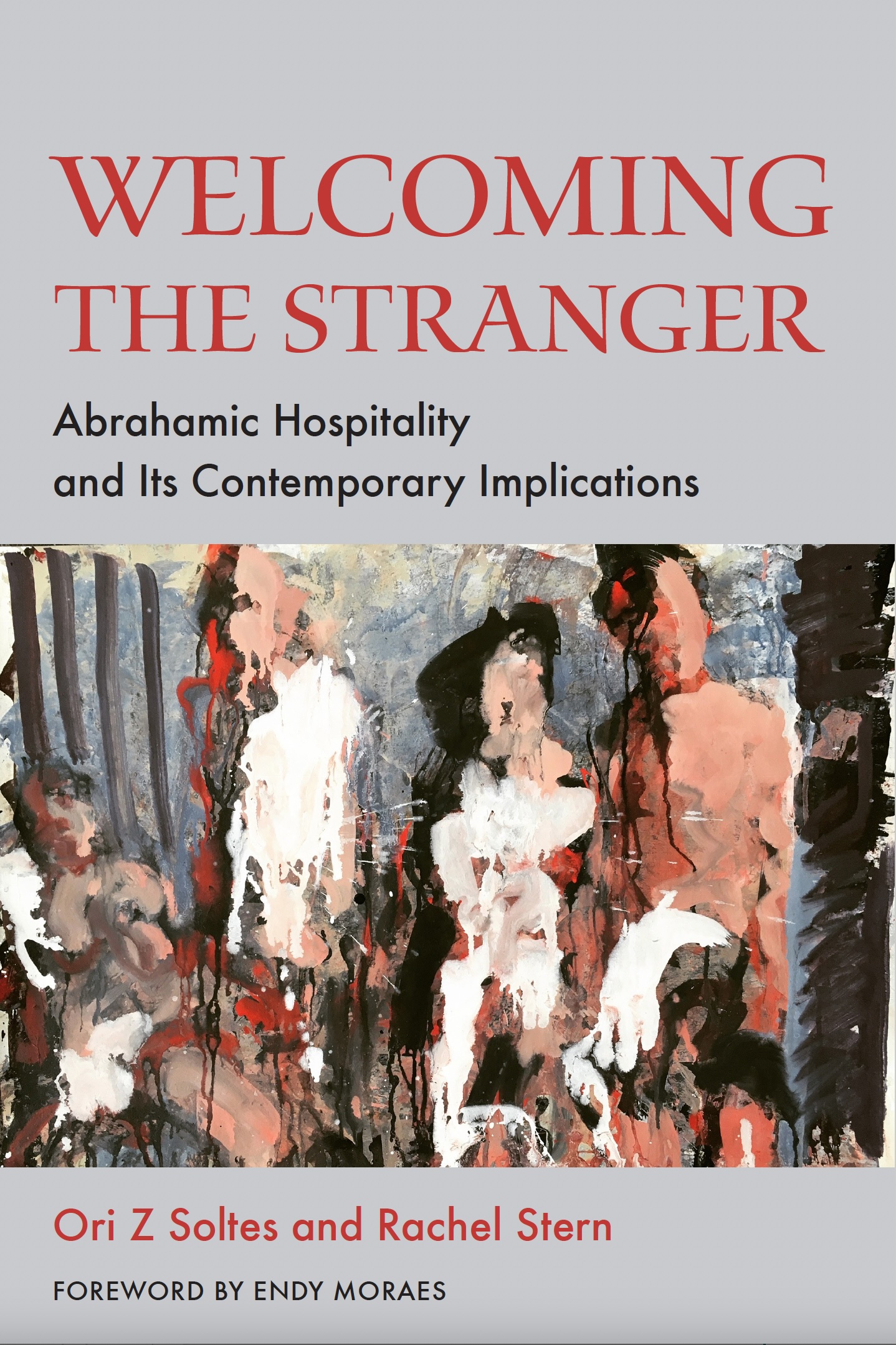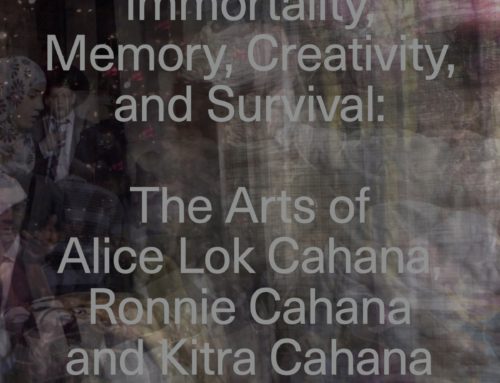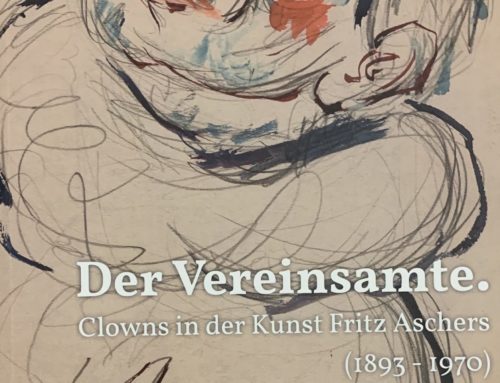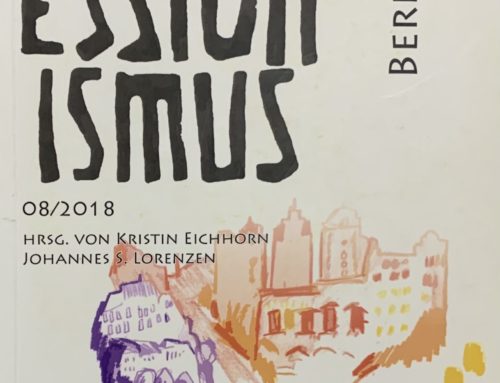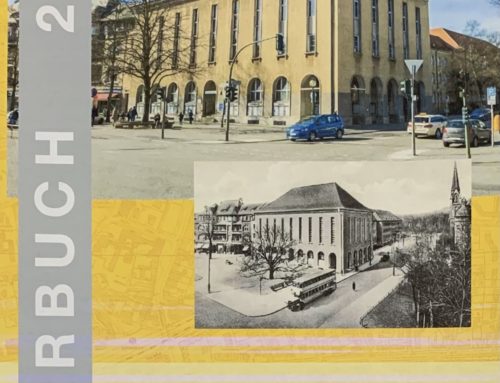Beginning with the story of Abraham’s hospitality to the three strangers described in Genesis 18, this volume explores both the theological evolution in and beyond the Abrahamic traditions of the principle of “welcoming the stranger,” and its on-the-ground application from India to Germany in the past to America in the present.
One of the signal moments in the narrative of the biblical Abraham is his insistent and enthusiastic reception of three strangers. That moment is a beginning point of inspiration for all three Abrahamic traditions as they evolve and develop the details of their respective teachings. On the one hand, welcoming the stranger by remembering “that you were strangers in the land of Egypt” is enjoined upon the ancient Israelites, and on the other, oppressing the stranger is condemned by their prophets throughout the Hebrew Bible.
These sentiments will be repeated in the New Testament and the Qur’an and elaborated in the interpretive literatures of Judaism, Christianity, and Islam. Such notions resonate obliquely within the history of India and its dharmic traditions. On the other hand, they have been seriously challenged throughout history—at no time more profoundly than in the 20th and 21st centuries. In the 1830’s, America’s “Nativists” sought to emphatically reduce immigration to these shores. A century later, the Holocaust began by the decision of the German government to turn specific groups of German citizens into strangers.
Deliberate marginalization leading to genocide flourished in the next half century from Bosnia and Cambodia to Rwanda. In the aftermath of September 11, 2001, the United States renewed a decisive twist toward closing the door on those seeking refuge here. We have arrived at an unprecedented slamming of that portal within the last several years—and have marginalized particular religious and ethnic groups with repercussions that may be felt across the globe.
The purpose of this volume is to explore these issues, from a theoretical and theological perspective as well as a perspective that examines concrete historical instances within the past 85 years in which aspects of this multivalent narrative have played out.
PUBLISHED BY FORDHAM UNIVERSITY AND THE FRITZ ASCHER SOCIETY
New York: Fordham University Press, 2024. ISBN 9781531507329.
Content
Section One
Building on the Past: Theology, History, and Their Practical Implications
ORI Z SOLTES, PhD, Georgetown University, Washington DC
1. Welcoming the Stranger in the Jewish Tradition
ORI Z SOLTES, PhD, Georgetown University, Washington DC
2. Hospitality in Christian Traditions: A Key Virtue and its Applications
FATHER THOMAS MASSARO, SJ, Fordham University, New York NY
3. A New Tower of Babel Divides the Migrant 4 Life from MAGA Jesus: Christianity and Immigration
REV. CRAIG B. MOUSIN, DePaul University, Chicago IL
4. Welcoming the Stranger in Islam: Abrahamic Hospitality and Contemporary Implications
ZEKI SARITOPRAK, PHD, John Carroll University, University Heights OH
5. India and the Dharmic Traditions of Hospitality
ORI Z SOLTES, PhD, Georgetown University, Washington DC
Section Two
Building the Present and Future: Programmatic Ideas and Realizations
ORI Z SOLTES, PhD, Georgetown University, Washington DC
6. Fritz Ascher: A Jewish Artist in Germany
RACHEL STERN, Fritz Ascher Society for Persecuted, Ostracized, and Banned Art, New York NY
7. Welcoming Beyond Offering Safe Heaven: Aspiring to Partner with Refugees
CAROL PRENDERGAST, Senior Advisor, Alfanar Venture Philanthropy
8. De-story to Destroy, Re-Story to Restore
MOHSIN MOHI-UD-DIN, Founder and CEO of #MeWe International
9. Immigration Courts in Need of an Article I Overhaul
HONORABLE MIMI E. TSANKOV, President, National Association of Immigration Judges
10. Epilogue: “There’s an App for that”: The Digital Future of Hospitality
LINDSAY ANNE BALFOUR, PhD, Coventry University, Coventry (UK)
Conclusion
The book can be ordered here: https://www.fordhampress.com/9781531507329/welcoming-the-stranger/.


